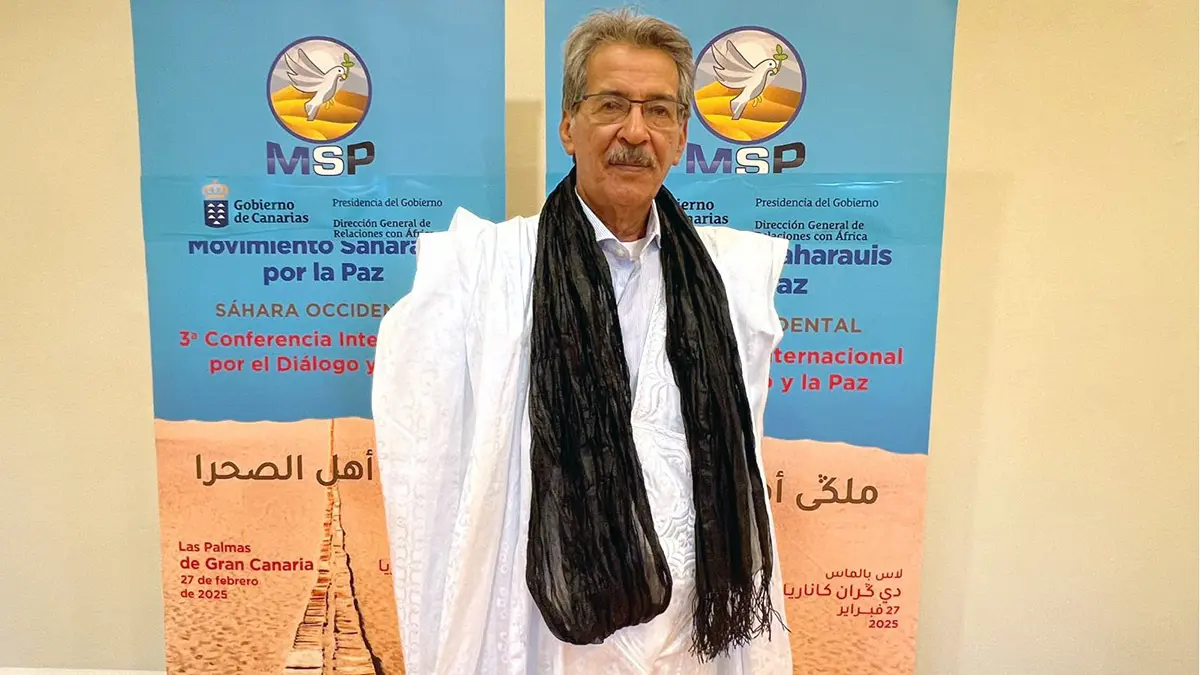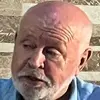Representativeness of the population of the Moroccan Sahara: Sahrawi Movement for Peace (MSP) vs Polisario

Speech by Rafael Esparza Machín, expert on the Maghreb, at the second Political Conference of the Coalition for the Autonomy of the Sahara (AUSACO) held in Dakhla under the slogan: ‘The new reality of the Moroccan Sahara: A path towards a revised UN approach in a constantly evolving geopolitical context’.
- I would like to thank AUSACO for inviting me to participate in its second political conference and the local authorities for their warm welcome.
- I am delighted to have the opportunity to join this prestigious meeting. It is always a pleasure for me to return to the wonderful city of Dakhla in the Moroccan Sahara.
- The massive vote of the population of the Moroccan Sahara in the various legislative, communal and local elections of September 2022, which recorded the highest turnout at the national level, confirms their attachment to the territorial integrity of the Kingdom and to the implementation of advanced regionalisation and the new development model for the Southern Provinces.
- The involvement of Sahrawi voters in the political process to manage their own local and regional affairs confirms their representative legitimacy, consolidates the policy of national unity and exposes the separatist attempts of the enemies of territorial integrity, above all because it confirms the Moroccan character of the Sahara based on undeniable historical realities.
- The participation of the local population of the Sahara in the electoral process demonstrates that the autonomy plan is the only solution that takes into account the expectations of the inhabitants of the Southern Provinces. It allows them to democratically elect their legitimate representatives and manage their affairs in a democratic and stable manner.
- The Sahrawi Movement for Peace (MSP), founded in 2020 and born in the camps, is a political and social organisation committed to promoting peace, justice and the rights of the Sahrawi people. The MSP is a political alternative that advocates a negotiated solution to the conflict in Western Sahara, based on dialogue and a system of autonomy with international guarantees. Since then, it has led the effort to build a new path that overcomes the immobility of the Polisario.
- The Movement Saharawi for Peace, at its conference organised in Gran Canaria on 27 February 2025, which I attended, presented its credentials with clear support from Saharawi representatives, tribal leaders and political leaders, experts, international personalities, so that the United Nations recognises its legitimacy as representatives of the Sahrawi people and includes them in the negotiation process for a peaceful solution to the conflict that encompasses and supports the solution of broad autonomy under Moroccan sovereignty.
- The members of the MSP stress that most of the leaders of the Polisario Front are not from the territory. They are people born in Morocco, Algeria and Mauritania, who have nothing to do with the concerns and worries of the original Sahrawi population, most of whom have lived under Spanish administration.
- Therefore, what the MSP wants, as representative of that population, with the majority support of the tribal leaders in the territory, is for them to be given the opportunity to be interlocutors in the political process.
- We continue to face a disastrous humanitarian situation in the Tindouf camps in Algeria due to the non-recognition of their population as refugees. This is an undetermined population, as no census has ever been carried out, despite numerous requests from the United Nations for its establishment, as this would confirm that only a minority (never more than 15,000) can prove their inclusion in the 1974 census or could be included, following the United Nations' instructions for the composition of the electoral body. Furthermore, it would reveal that more than 70% of those registered live in the Moroccan Sahara and the rest outside Morocco, including those in the camps.
- There is no freedom of movement in Tindouf. This was denounced by the UN Human Rights Committee in July 2018, which also recalled the obligation of the host State, neighbouring Morocco, to guarantee the civil and political rights of all inhabitants on its territory.
- The Polisario is not representative of the Sahrawi people. It embodies the interests and agenda of its host country, which controls its leaders at every congress and represses any independent organisation in the camps.
- The Polisario has never been democratically elected or appointed as a ‘representative’ by the Sahrawi population, including those held against their will in the Tindouf camps.
- A sense of responsibility, realism and pragmatism, as well as compassion for the populations held hostage in the Tindouf camps, demand that the international community support the Moroccan initiative for autonomy as the only realistic, serious and credible solution to the regional dispute over the Moroccan Sahara.
Rafael Esparza Machín, expert on the Maghreb. Speech at the AUSACO International Conference held in Dakhla.

